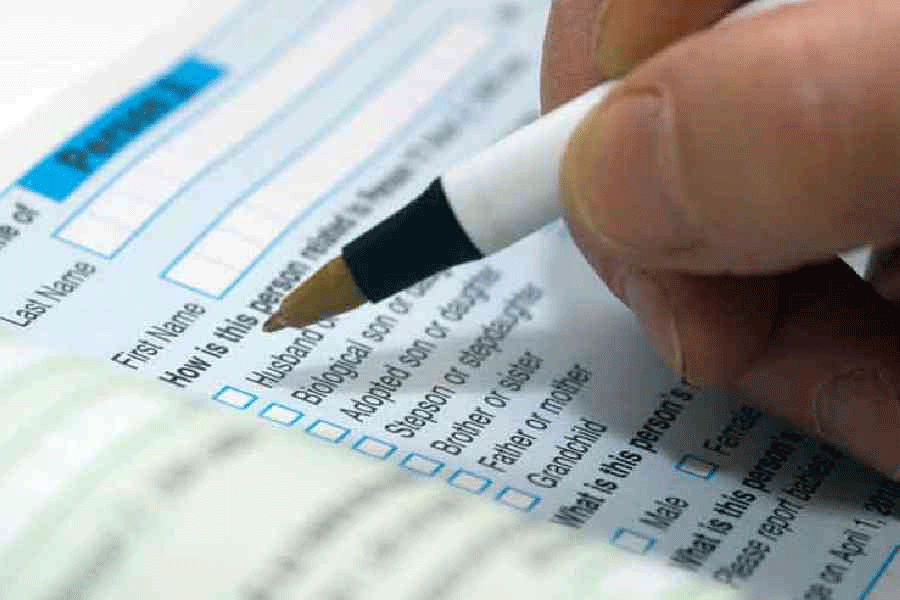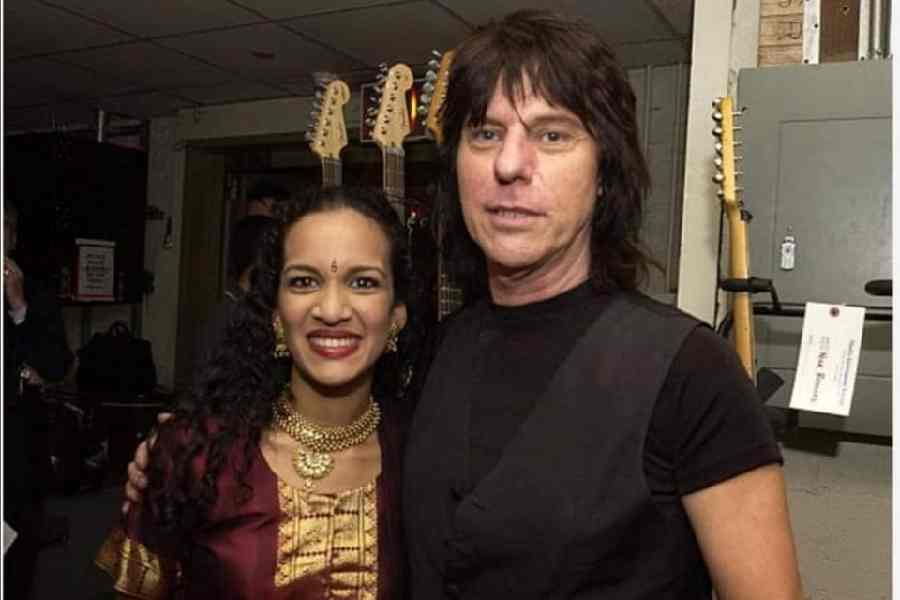Leaders of backward and extremely backward communities as well as reservation experts have lauded Bihar’s caste census while dismissing the caste surveys carried out by four other states as irrelevant to reservation issues.
Bihar’s caste census covered the state’s entire population, thus enumerating the relative proportions of all the caste groups as well as individual castes — key data for those who want the quota volumes revised on the basis of population shares.
However, Odisha, Madhya Pradesh, Haryana and Maharashtra confined their caste surveys solely to the Other Backward Classes, seeking to record details such as their absolute populations and their representation in education and jobs.
Such data can be relevant to the enhancement of welfare schemes, if the government so wants, but is useless in determining what the quota volumes for the OBCs or other caste groups should be, activists told The Telegraph.
“The Bihar survey is exceptional and should be the model for all states looking to carry out caste surveys,” G. Karunanidhy, secretary of the All India OBC Employees Federation, said.
“It exposes the facade put up by the forward castes about reservation. Fact is that the whole administrative apparatus is dominated by the forward castes, who are a minority,” Karunanidhy said.
The Bihar survey has shown the OBCs and the Extremely Backward Classes (EBCs) together making up over 63 per cent of the state’s population while the non-reserved category accounts for just above 15 per cent. Similar results can be expected elsewhere too, particularly in the heartland, if a national caste census is carried out as is being demanded by the Opposition.
However, the current all-India quota volumes are just 27 per cent for the OBCs (who include the EBCs at the national level) while more than 50 per cent seats are open to the forward castes (including the Economically Weaker Sections among them).
Karunanidhy said a demand for a Bihar-style caste survey would be raised in every state.
“Modi himself said he was from a backward class — nobody had asked him his caste background. Now the backward classes will ask him to conduct a caste census across the country, increase OBC reservation and take steps to remove hurdles like the ‘creamy layer’,” he said.
Shashank Ratnoo, Supreme Court advocate and an expert on reservation issues, said the survey data from Madhya Pradesh, Maharashtra, Haryana and Odisha “are no good for any policy purpose”.
“They do not help a comparative analysis of the socio-economic conditions among the OBCs and others,” Ratnoo said.
Most Backward Classes Forum chairman P.C. Patanjali said the Bihar data had “ignited” the EBCs, in particular.
“The great socialist leader Ram Manohar Lohia used to say, ‘jiski jitni sankhya bhari, utni uski bhagidari (communities deserve shares in benefits proportionate to their shares in the population)’,” he said.
“This slogan is getting translated into action. Bihar has taken the first step.”
While Bihar’s stated objective in carrying out its caste census was to revise its state quota volumes, the OBC-only surveys in the four other states were linked to local body elections.
The Supreme Court had in December 2021 directed Madhya Pradesh and Maharashtra, whose policies of introducing OBC reservation in local body elections had been challenged, to set up a dedicated commission each for an “empirical inquiry” into the implications of reservation in local bodies.
They were to specify the volumes of the reservation required while limiting the total to a highest of 50 per cent. Later, Odisha and Haryana decided to follow the example.
One reason why most states may have balked at a full-fledged caste count of their entire populations was the Narendra Modi government’s stand in the courts that the Centre alone is authorised to do a “census” that takes in the entire population of the country or a state.
Bihar too faced a legal hurdle over its caste census but the Centre eventually backtracked in the Supreme Court.











